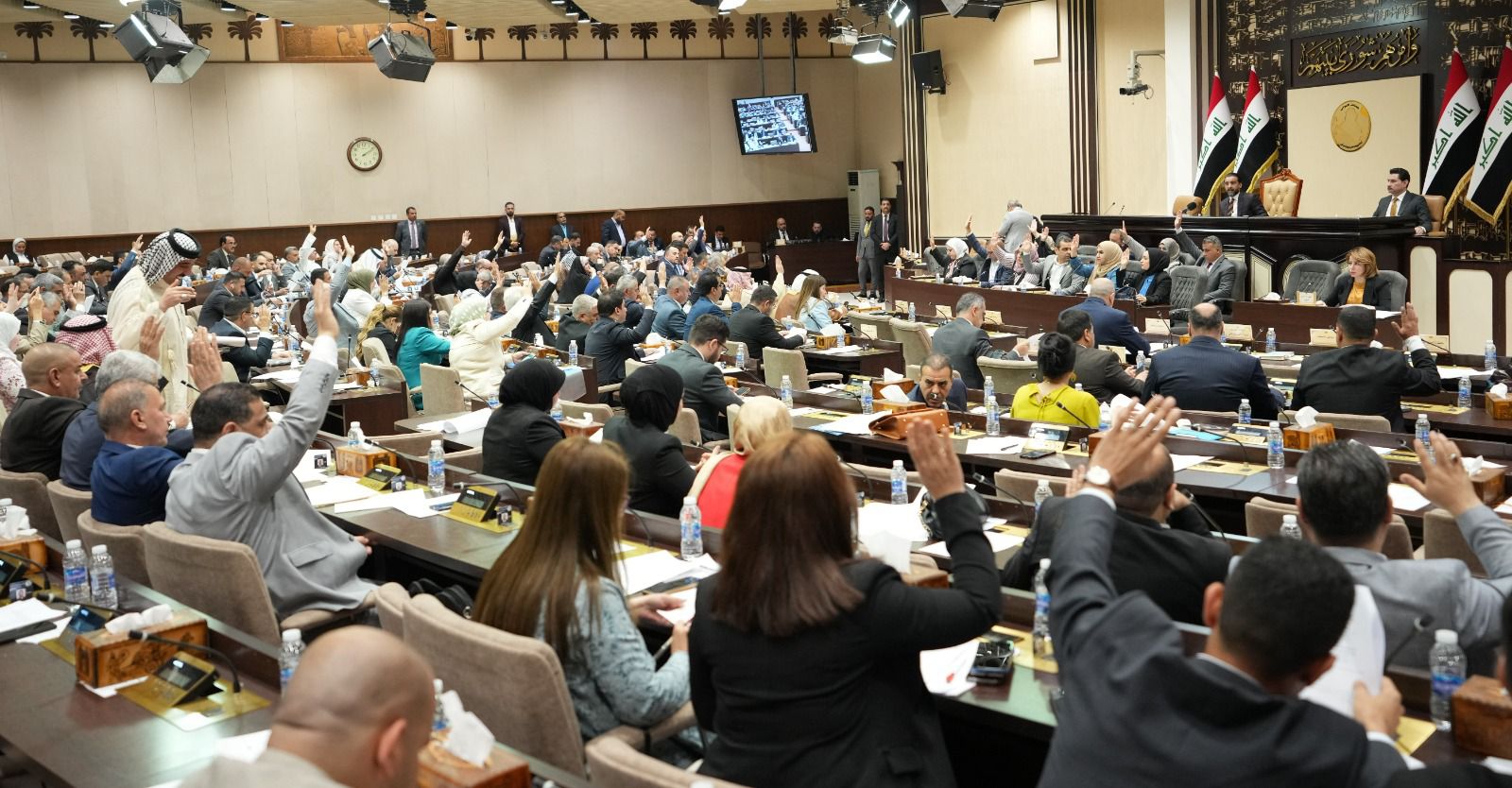Iraqi Parliament Delays Approval of 2023 Budget Amidst Disagreements, Kurdish Objections

Shafaq News/ The Iraqi parliament is facing significant delays in approving the 2023 budget due to major disagreements, mainly stemming from the opposition of Iraqi Kurdistan to specific provisions. Kurdish officials have deemed these provisions a violation of the agreement reached with the federal government.
Jamal Cougar, a member of the Iraqi Parliament representing the Finance Committee, held the federal government accountable for the budget law's slow progress. Cougar called for the urgent passage of the law under the political agreement between Erbil and Baghdad.
Cougar told Shafaq News agency, "The delay in approving the draft budget law is due to the federal government reneging on its agreements with the regional government regarding the Kurdish-related sections within the budget law. This is compounded by their silence thus far regarding the amendments made to the Region's sections within the budget and their lack of control over them."
He further emphasized that "the budget law can only be enacted after a new agreement is reached between Baghdad and Erbil regarding the Region's share within the budget."
Cougar added, "We support passing the budget with the agreement of all political parties."
Economist Nabil Al-Marsoumi revealed yesterday, Tuesday, that a coordination framework consisting of the ruling Shiite political factions has submitted a new proposal regarding sections 13 and 14 of the Kurdistan Region's share in the federal budget.
The proposal stipulates that the Kurdistan Region deliver 400,000 barrels of oil daily to the National Oil Marketing Company (SOMO) and coordinate with it to sell crude oil. In addition, if the oil from Kurdistan Region is not exported through Turkish ports, Erbil would deliver it to the Iraqi oil ministry, which would explore alternatives for selling oil from Kurdistan or using it internally.
Sources told Al-Marsoumi that, according to the proposal, the federal government must pay Erbil for 400,000 barrels of oil from oil sales if received from the Region. The funds generated from oil sales would be deposited and reinvested internally in an account belonging to the Federal Ministry of Finance.
The Iraqi Cabinet approved the country's largest financial budget on March 13, amounting to 197 trillion and 828 billion Iraqi dinars (approximately $152.2 billion), with a deficit of 63 trillion. The budget heavily relies on the global rise in oil prices, which account for over 95% of Iraq's financial revenue. However, objections from financial and legal experts have impeded the final approval of the budget amendments as disputes persist.
President of the Kurdistan Region, Nechirvan Barzani, expressed "deep concern" regarding changes that affected provisions related to the Region's constitutional rights in the Iraqi general budget law, firmly rejecting these alterations. Kurdish Prime Minister Masrour Barzani also voiced dissatisfaction, noting that the amendments violated a prior agreement with Prime Minister Mohammed S. Al-Sudani and his government. Prime Minister Barzani emphasized the importance of respecting the cooperative foundation between Erbil and Baghdad and called on all parties involved to honor the agreement.

